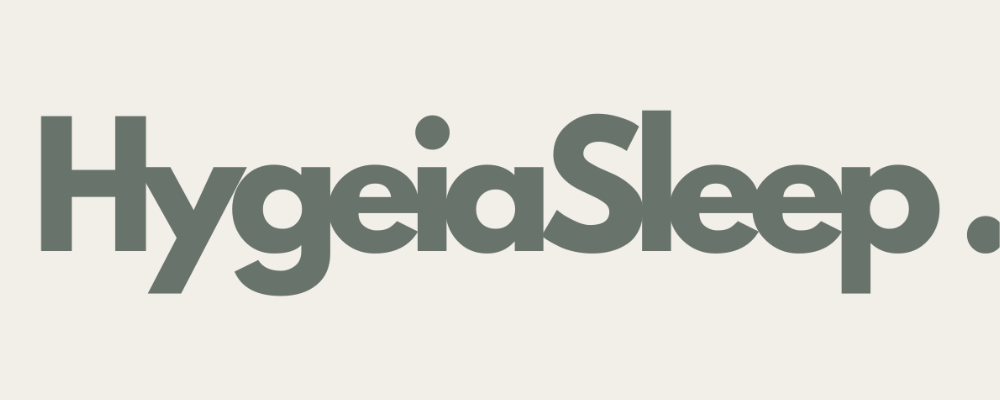The Paris Bed Bug Pandemic: A Warning the World Can’t Ignore
In late 2023, the world watched with discomfort as Paris—one of the most iconic and visited cities on the planet—battled a bed bug crisis of unprecedented scale. Infestations were reported across public transport systems, cinemas, hospitals, and even five-star hotels. The outbreak captured global headlines, not just for its scale, but for its symbolism: if bed bugs can thrive in Paris, they can thrive anywhere.
What was once a whisper of a problem turned into a full-blown public health concern—prompting the French government to take action and igniting fear among hoteliers, travelers, and health officials worldwide.
Why Paris? Why Now?
Bed bugs are not a sign of poor hygiene. These parasites are hitchhikers—traveling on luggage, clothing, and furnishings, quietly spreading from one location to another. In cities like Paris, with dense populations and high tourist turnover, the perfect storm was brewing.
Contributing factors to the outbreak included:
- Increased international travel post-COVID
- A rise in second-hand furniture and furnishings
- Lack of proactive pest control and mattress hygiene policies
- Resistance to common insecticides
But Paris was merely the first high-profile casualty. The real concern? Bed bugs are on the rise globally.
What the World Health Organization Is Saying
Following the outbreak, the World Health Organization (WHO) reiterated its concern: bed bugs are a growing threat to public health. They don’t transmit disease—but their bites lead to itching, allergic reactions, and psychological distress. Worse, infestations can rapidly damage tourism economies, erode guest trust, and cause irreparable harm to brand reputations.
Hotels that once proudly flaunted spotless reviews are now under scrutiny, with influencers, journalists, and even casual guests checking under the sheets before leaving reviews.
The Real Risk to the Hospitality Industry
Bed bugs don’t just harm individuals—they destroy trust. And trust is the foundation of hospitality.
Imagine this: a guest gets bitten at your property, films a short video, and posts it to TikTok or Instagram. The clip goes viral, and within 48 hours your hotel name is trending—for all the wrong reasons.
Now imagine that happening during your busiest season.
This is the risk we face today. And it’s not just Paris. Reports from cities like New York, London, Seoul, and Dubai indicate a global resurgence of infestations.
Time for Global Standards—and Government Action
Paris was a warning shot. Without standardized mattress hygiene procedures, proactive certification programs, and government-backed protocols, outbreaks will continue.
We need more than cleaning checklists. We need:
- Government legislation that mandates hygiene certification in hotels and public accommodation.
- Enforcement mechanisms to ensure guest sleeping environments are safe and monitored.
- Awareness campaigns to educate staff and guests alike.
- Certification programs, like HygeiaSleep’s SafeSleep Certification, that verify, document, and promote mattress hygiene standards in every property.
How HygeiaSleep Is Leading the Charge
At HygeiaSleep, we believe prevention is the only cure. Our SafeSleep Certification Program helps accommodation providers:
- Implement science-backed mattress hygiene protocols
- Certify their housekeeping teams through online assessment-based learning
- Demonstrate commitment to guest well-being through official certification
Hotels who wait will react. Leaders will prepare.
Conclusion: Paris Was the Wake-Up Call. Who’s Listening?
The Paris bed bug outbreak wasn’t just a one-off—it was a preview of what’s coming if we don’t act. Hospitality, travel, and government sectors must come together to prioritize mattress hygiene before the next city hits the headlines.
Because when guests no longer feel safe where they sleep, they stop booking altogether.
Let’s not wait for another crisis. Let’s build a global standard—before the next outbreak begins.

